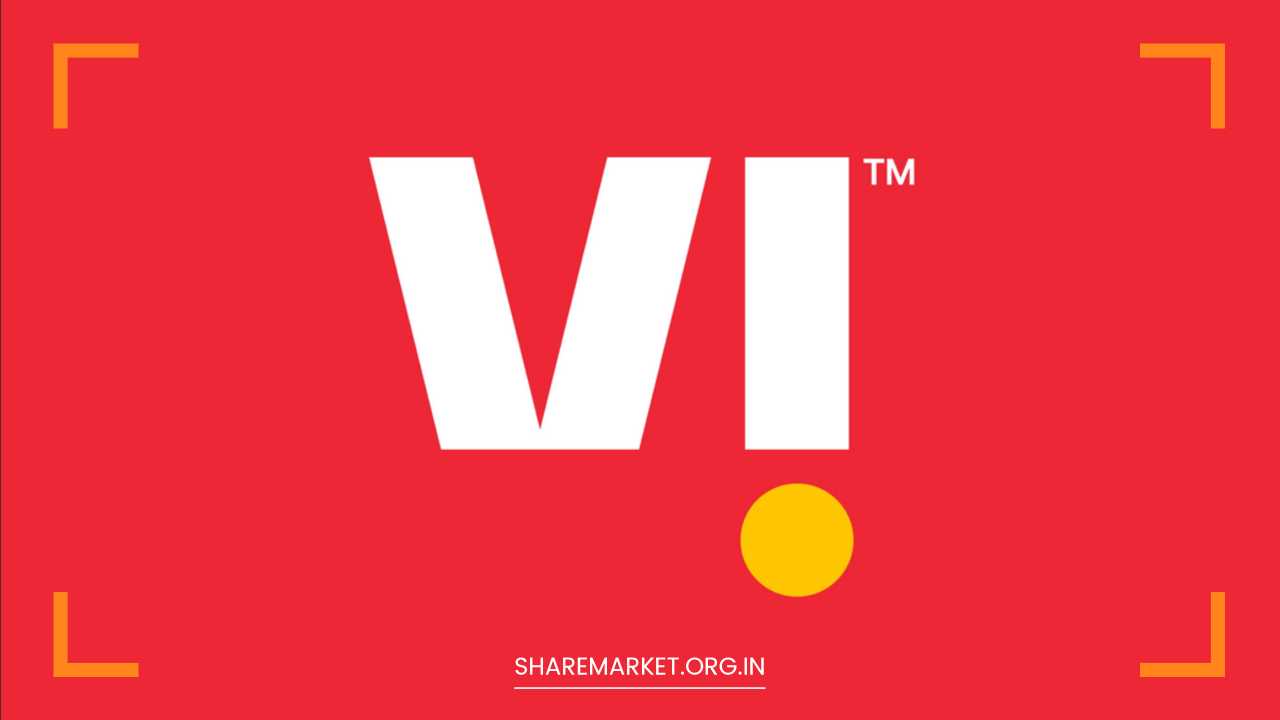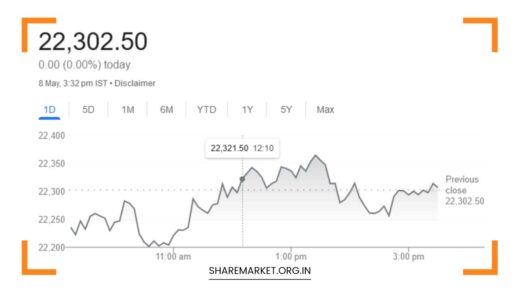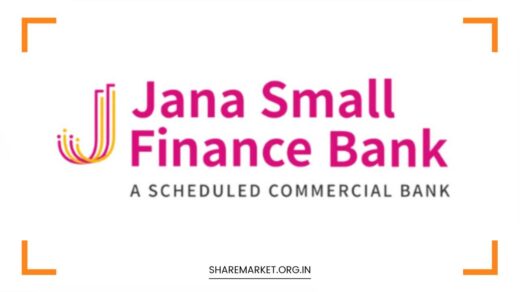Vodafone Idea Gets Major Boost: Government to Raise Stake to 49%

Vodafone Idea
Vodafone Idea Receives Another Boost: Government to Raise Stake to 49%; All You Need to Know
Vodafone Idea Share Price Outlook: Shares of Vodafone Idea (Vi), one of the major telecom operators in India, are likely to be in focus when trading resumes on Tuesday, April 1, after the extended weekend.
This follows a significant announcement made by the company on March 30, when it disclosed that the Indian government would substantially increase its stake in the debt-laden telecom operator.
This is expected to have a direct impact on the company’s stock price, as investors are closely watching the developments that may influence Vodafone Idea’s financial health and competitive positioning.
Government’s Increased Stake:
The Indian government will raise its stake in Vodafone Idea to an impressive 48.99%, more than double its current shareholding of 22.6%.
This increase will be achieved by converting the telecom company’s outstanding spectrum auction dues into equity shares.
The government will acquire shares worth ₹36,950 crore, which will significantly boost its holding in the struggling telecom giant.
The fresh move will place the government as the single-largest shareholder in the company, surpassing the combined stakes of the company’s two major promoters, Vodafone Group and Aditya Birla Group.
Currently, Vodafone holds a 14.76% stake in the company, while the Aditya Birla Group holds 22.56%.
Following this move, the total government stake will exceed that of both of these promoters, raising questions about the future ownership structure and operational control of Vodafone Idea.
Regulatory Filing and Spectrum Dues:
In its filing to the stock exchanges, Vodafone Idea outlined the details of the government’s decision, which is in line with the 2021 telecom sector reforms announced by the Ministry of Communications.
The government will convert the company’s outstanding spectrum auction dues, including deferred payments, into equity shares, thereby reducing the financial burden on Vodafone Idea.
This will allow the telecom company to continue operations without the immediate pressure of paying off its substantial debts.
Vodafone Idea is required to issue a total of 3,695 crore equity shares, each with a face value of ₹10, at an issue price of ₹10.
This issuance must take place within 30 days after receiving the necessary approval from regulatory authorities such as the Securities and Exchange Board of India (SEBI).
The company is also facing a large amount of deferred spectrum and adjusted gross revenue (AGR) obligations for FY26, totaling ₹32,723.5 crore, including the 2015 spectrum auction shortfall.
While this move reduces some of Vodafone Idea’s financial pressures in the short term, it also indicates the government’s strong involvement in the company’s recovery process.
Government Relief Amid Financial Struggles:
Vodafone Idea’s financial struggles are well-documented. Despite being one of the top three telecom players in India, the company has been grappling with high levels of debt, falling revenues, and rising competition from dominant players like Reliance Jio and Bharti Airtel.
Over the last few years, Vodafone Idea has received multiple rounds of government support to help keep it afloat in the competitive telecom market.
This new step, which will increase the government’s stake to nearly 49%, is a continuation of that support.
The Indian government has made it clear that it is committed to ensuring that Vodafone Idea survives and remains a viable competitor in the sector.
With the company’s financial position in such a precarious state, this intervention is seen as a crucial lifeline to help Vodafone Idea stay in the game and prevent further consolidation in the telecom industry.
Vodafone Idea’s ₹18,000 Crore Follow-on Public Offering (FPO):
In another significant move to bolster its financial health, Vodafone Idea launched an ₹18,000 crore follow-on public offering (FPO) in April 2024.
This was the largest-ever FPO in India’s history, surpassing even the ₹15,000 crore share sale by YES Bank in 2020. The FPO was heavily subscribed, with institutional investors taking a keen interest in the offering.
However, the retail segment lagged, highlighting a gap in retail investor confidence due to the company’s ongoing financial struggles.
The funds raised through this FPO were intended to address several critical needs, including improving Vodafone Idea’s market position and facilitating the rollout of 5G services, which is seen as a major growth opportunity for telecom operators.
The funds were also meant to shore up the company’s finances, improve its 4G network, and ensure that it could meet its vendor dues.
While the FPO was an essential step in improving the company’s cash flow, it remains to be seen whether it will be enough to resolve its long-term financial issues.
Vodafone Idea’s Debt and Financial Standing:
Vodafone Idea’s financial health remains precarious despite the government’s interventions. As of December 2024, the company’s outstanding debt (including interest accrued but not due) amounted to ₹2,345.1 crore.
In addition to this, the company faces deferred payments of spectrum dues and AGR obligations totaling over ₹2.27 lakh crore, due over the coming years.
These massive liabilities continue to put significant pressure on Vodafone Idea’s operations and ability to invest in infrastructure and services.
The company’s debt load, combined with its ongoing operational challenges, underscores the difficulty it faces in becoming financially viable without significant external support.
It is clear that the government’s stake increase is not just a sign of its involvement in the company’s operations, but also a necessary step to ensure that the company can continue to compete in a rapidly evolving telecom landscape.
Vodafone Idea’s Recent Government Support:
In February 2023, the government took another step to ease Vodafone Idea’s financial burden by converting ₹16,133 crore in interest dues into equity.
This move followed a firm commitment from the Aditya Birla Group to continue running the company and investing in its growth.
The conversion of these interest dues into equity was a major step in reducing Vodafone Idea’s debt load and ensuring that it could continue to operate without facing immediate financial distress.
Additionally, the government waived off the requirement for Vodafone Idea to submit bank guarantees for spectrum auctions held before September 2021.
This waiver saved the company approximately ₹24,800 crore in bank guarantees, further reducing its immediate financial pressures.
Vodafone Idea’s History and Evolution:
Vodafone Idea’s journey in the Indian telecom market has been marked by significant challenges, particularly following the entry of Reliance Jio in 2016, which dramatically reshaped the competitive landscape.
In 2017, Vodafone India and Idea Cellular merged to create the country’s largest telecom operator, Vodafone Idea, with a combined subscriber base of 408 million.
The merger was approved by the Department of Telecommunications in July 2018, and the National Company Law Tribunal (NCLT) gave the final approval in August 2018.
Despite the merger, Vodafone Idea has struggled to maintain profitability due to intense competition and a high debt burden.
While the merger created a telecom giant, the company has struggled to keep pace with the aggressive pricing strategies of Reliance Jio and Bharti Airtel. As a result, it has faced challenges in maintaining market share and profitability, leading to the government’s intervention.
Looking Ahead:
As Vodafone Idea moves forward, the government’s increased stake raises questions about the future direction of the company.
While the intervention provides immediate financial relief, the company will still need to address its debt issues and invest heavily in network infrastructure to remain competitive.
With the government now owning nearly 49% of the company, the control and decision-making process will likely shift, potentially affecting the company’s future strategies.
For Vodafone Idea, the road ahead remains uncertain, but with the government’s backing, it may have a fighting chance to regain stability and competitive strength in the Indian telecom market.
However, the company will need to focus on reducing its debt, improving operational efficiency, and executing a successful 5G rollout to regain its position in the highly competitive telecom space.

















